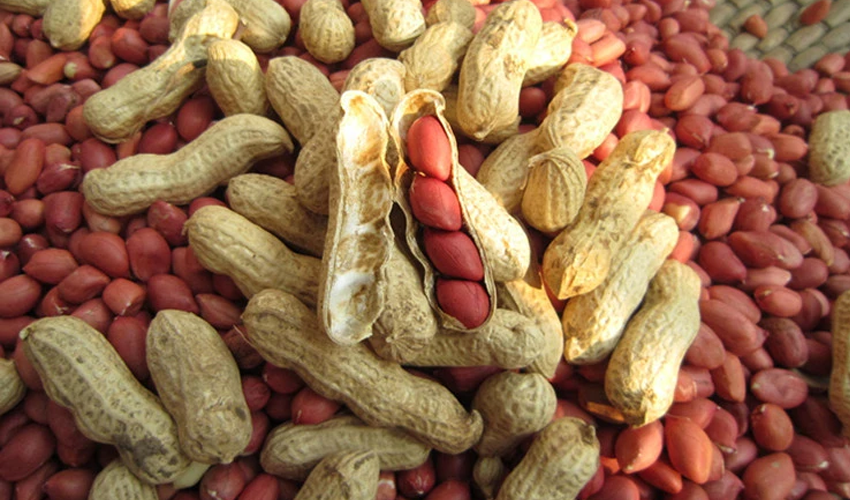Emerging research highlights the potential health benefits of chocolate, particularly dark chocolate, in reducing the risk of type 2 diabetes. However, not all chocolate is created equal -- some types may have the opposite effect.
A study examined data from over 100,000 healthy adults over an average of 25 years. Participants completed a food frequency survey every four years, documenting their chocolate consumption, including the types they ate between dark and milk chocolate. During the study, 18,862 participants developed type 2 diabetes, with 4,771 of them detailing the types of chocolate they consumed.
Key findings include:
- Lower diabetes risk: Individuals consuming at least five ounces of any chocolate weekly had a 10% reduced risk of type 2 diabetes compared to those who rarely or never ate chocolate.
- Dark chocolate benefits: Eating dark chocolate specifically was associated with a 21% reduced risk. Each additional serving of dark chocolate lowered the risk by 3%.
- Milk chocolate drawbacks: Conversely, milk chocolate was linked to long-term weight gain, a risk factor for type 2 diabetes.
While these results are compelling, the study was observational, meaning it cannot definitively prove that dark chocolate directly reduces diabetes risk. The study’s demographic, primarily white adults over 50, may also limit its generalizability. Additionally, participants’ chocolate consumption levels were relatively low compared to national averages.
Why dark chocolate may help
Dark chocolate is rich in flavanols -- antioxidants found in cocoa, fruits, and vegetables. According to Sophie Lauver, M.S., R.D., these compounds have anti-inflammatory properties, improve blood flow, and may enhance insulin sensitivity. Cocoa may also slow carbohydrate absorption, preserve insulin-producing cells, and improve lipid levels, potentially delaying the onset of type 2 diabetes.
Dark chocolate’s higher cocoa and flavanol content, combined with lower sugar and fat levels, makes it healthier than milk chocolate, says Lauver.
Moderation is Key
Despite its benefits, dark chocolate is calorie-dense, cautions Lauver. She recommends opting for chocolate with at least 70% cocoa, as higher concentrations maximize health benefits.
For diabetes prevention, Lauver advises maintaining a balanced diet rich in whole, plant-based foods while minimizing added sugars, unhealthy fats, and processed foods. Regular physical activity, stress management, hydration, and home-cooked meals are also crucial for long-term health.
Incorporating dark chocolate into a nutritious diet can add both enjoyment and health benefits—proving that even indulgent treats can contribute to wellness when consumed mindfully.


























